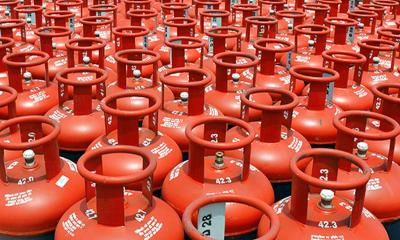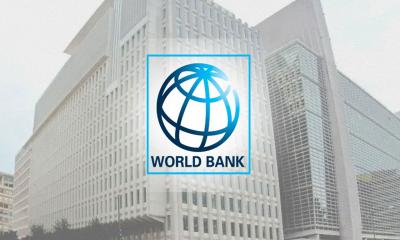Bangladesh has slipped two notches on the World Press Freedom Index 2024 published today by Reporters Without Borders on the occasion of World Press Freedom Day, reports The Daily Star.
The country was ranked 165th among 180 nations, placing it only above Afghanistan among South Asian countries.
The country`s score dropped to 27.64 out of 100, a decrease from 35.31 last year, when it was ranked 163rd.
In 2022, Bangladesh held the 162nd position with a score of 36.63, while in 2021, it was at 152nd place with a score of 50.29.
Nepal has now emerged as the leader in press freedom in South Asia, ranking 74th globally with a score of 60.52, followed by the Maldives at 106th with a score of 52.36.
Bhutan, previously leading in the region, now stands in third place in the region with a score of 37.29 and a global ranking of 147th.
Sri Lanka follows closely behind at fourth place with a score of 35.21 and a global rank of 150th.
Pakistan occupies the fifth position in the region, standing at 152nd place.
India holds the sixth position regionally and has climbed to 159th globally from last year`s 161st.
Afghanistan now ranks at the bottom of the region, plummeting 26 places to 178th, with a score of 19.09.
The report highlights that in the Asia-Pacific region, which is the world`s second most challenging region for journalism, Myanmar, China, North Korea, Vietnam, and Afghanistan are among the top 10 most dangerous countries for media personnel.
Norway retains its top spot in the global index with a score of 91.89, followed by Denmark, Sweden, Netherlands, Finland, Estonia, Portugal, Ireland, Switzerland, and Germany, rounding up the top 10.
The 2024 World Press Freedom Index assesses the level of freedom enjoyed by journalists and media across various countries and territories, analysing five contextual indicators: political context, legal framework, economic context, sociocultural context, and safety.
The report underscores that press freedom worldwide faces threats from political authorities, as indicated by the significant decline in the political indicator, which has experienced a global average decrease of 7.6 points.





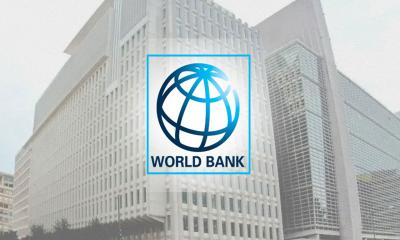
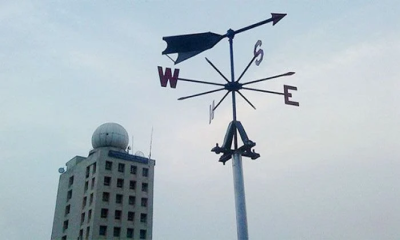
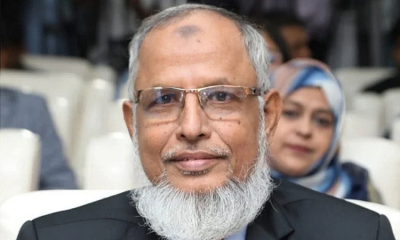



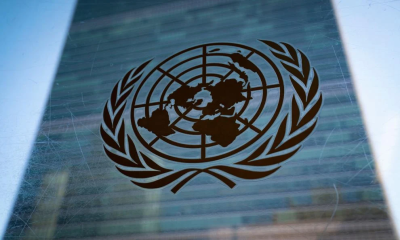






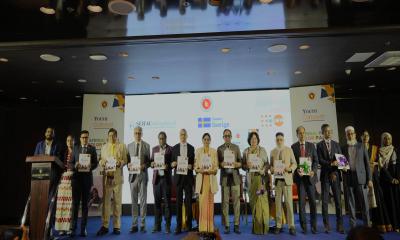



-20251218165258.jpeg)


